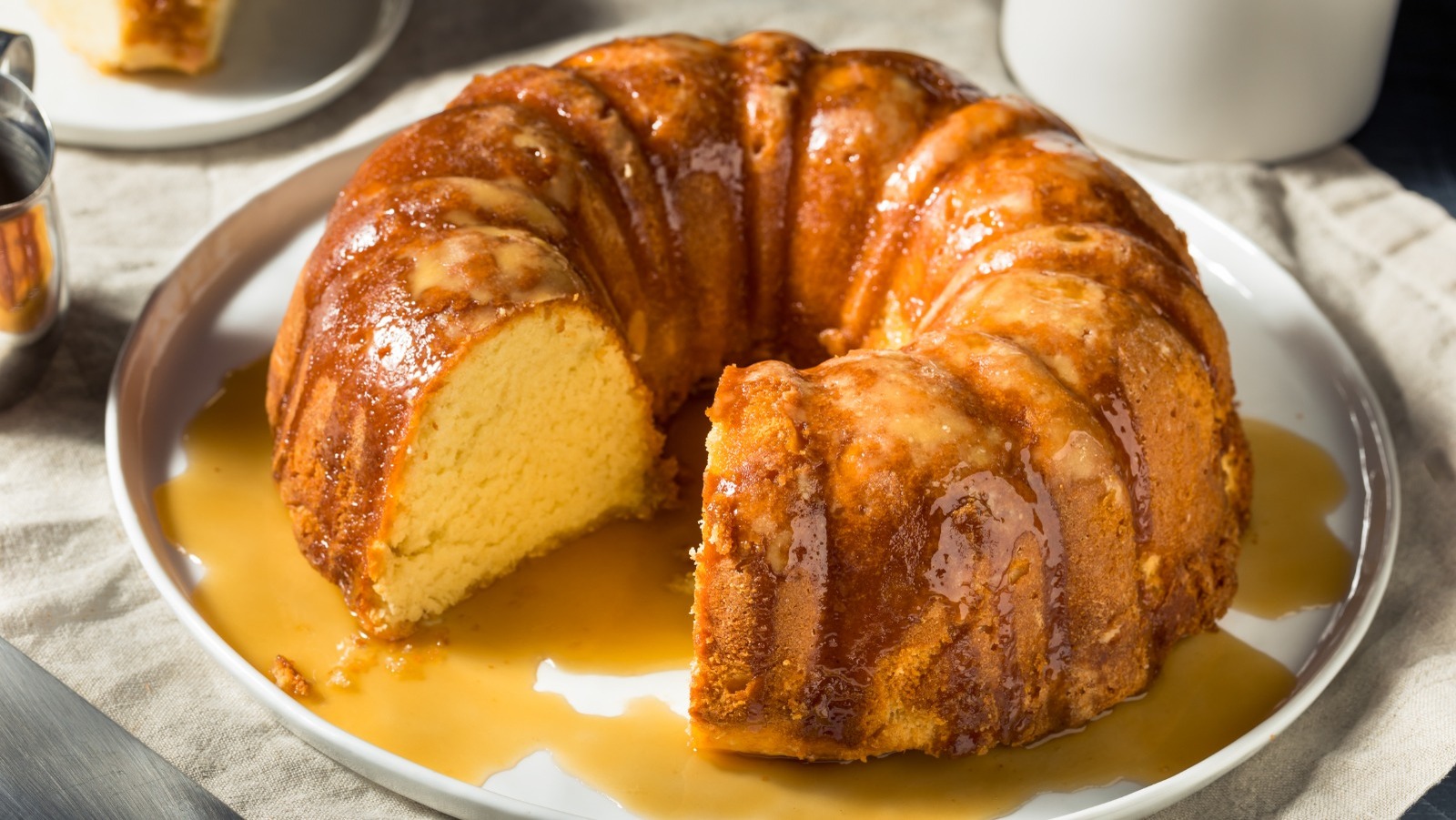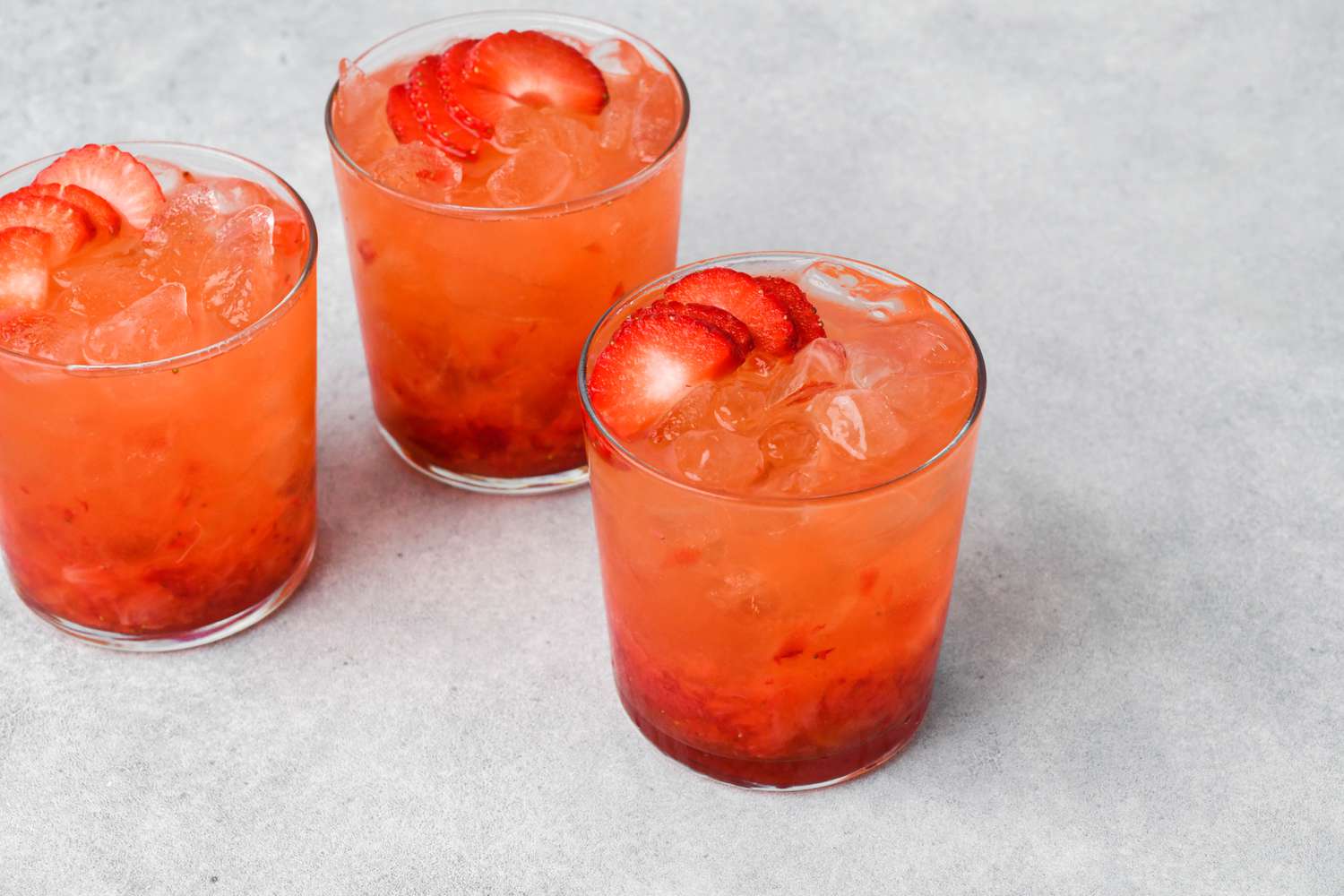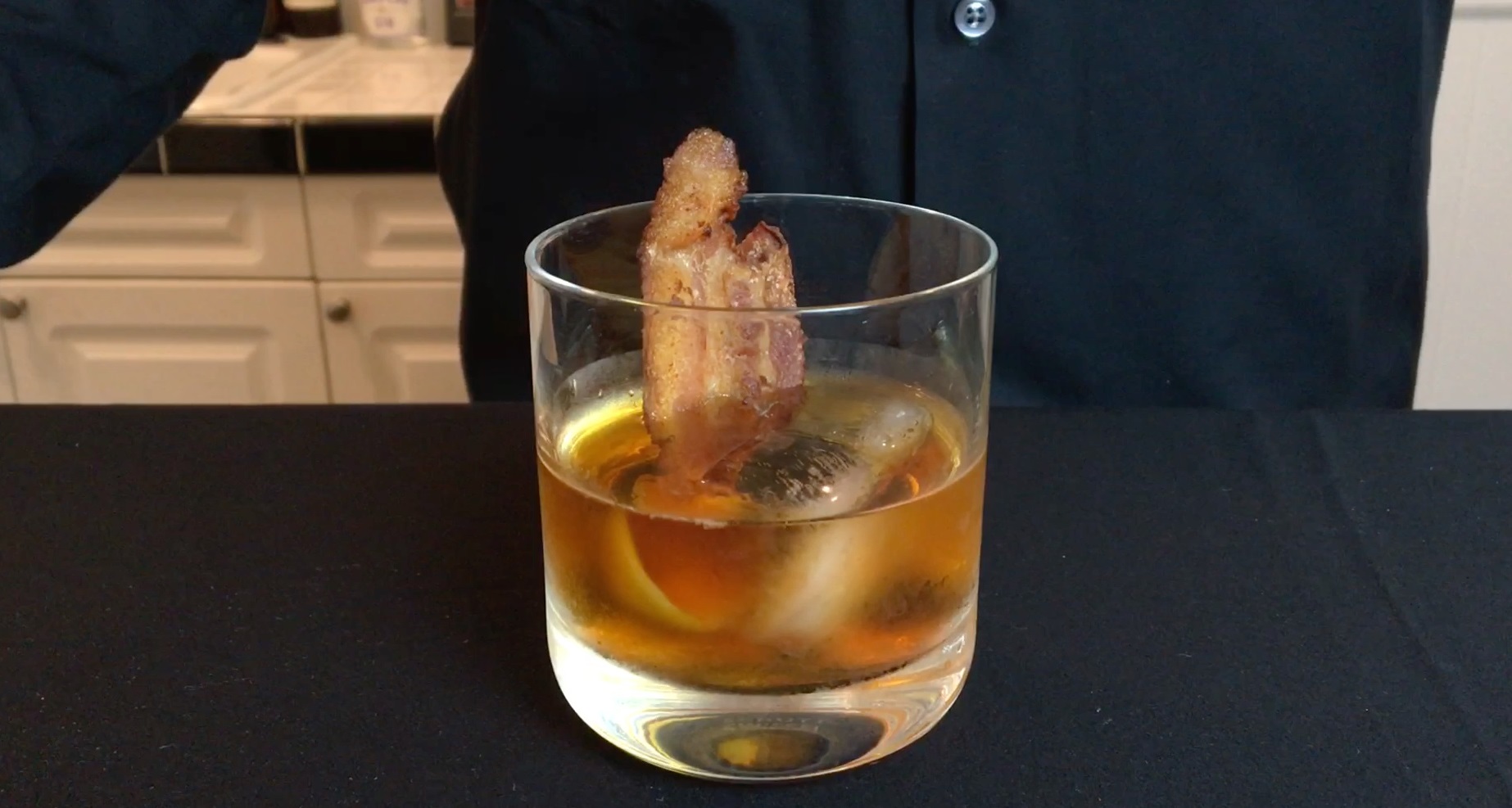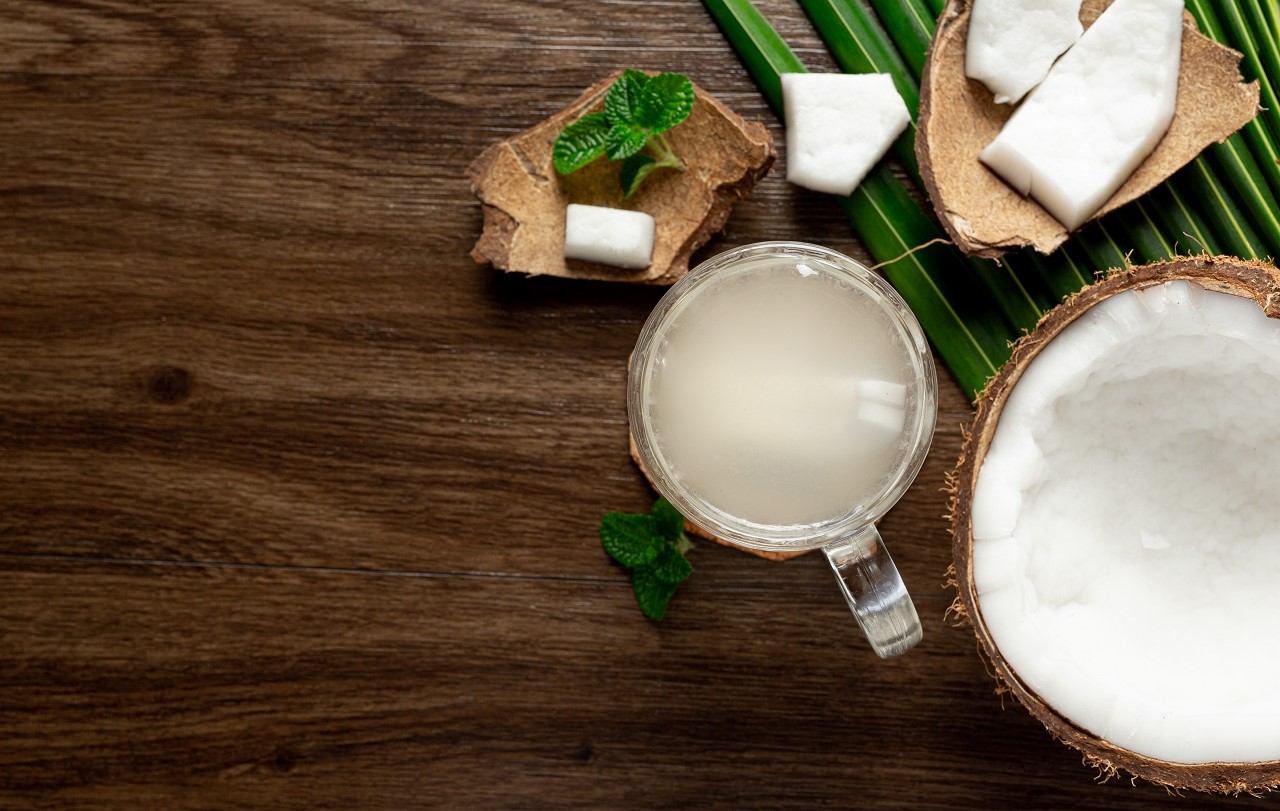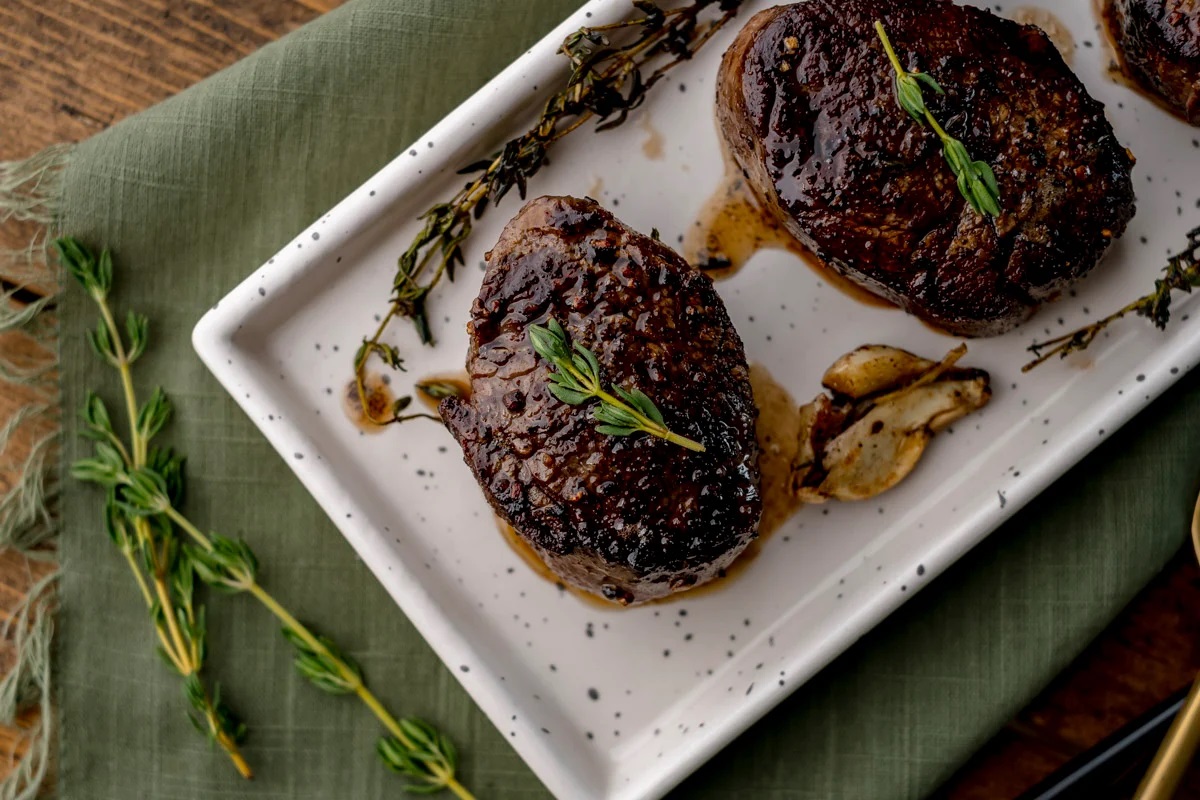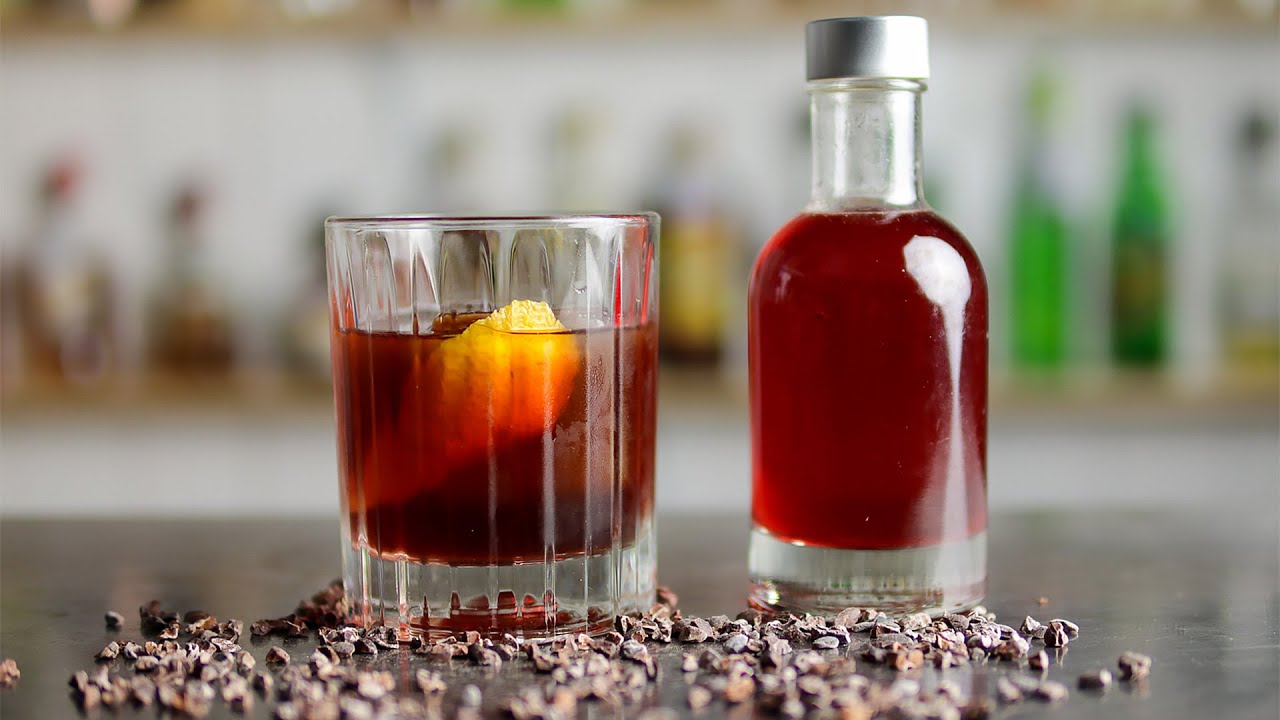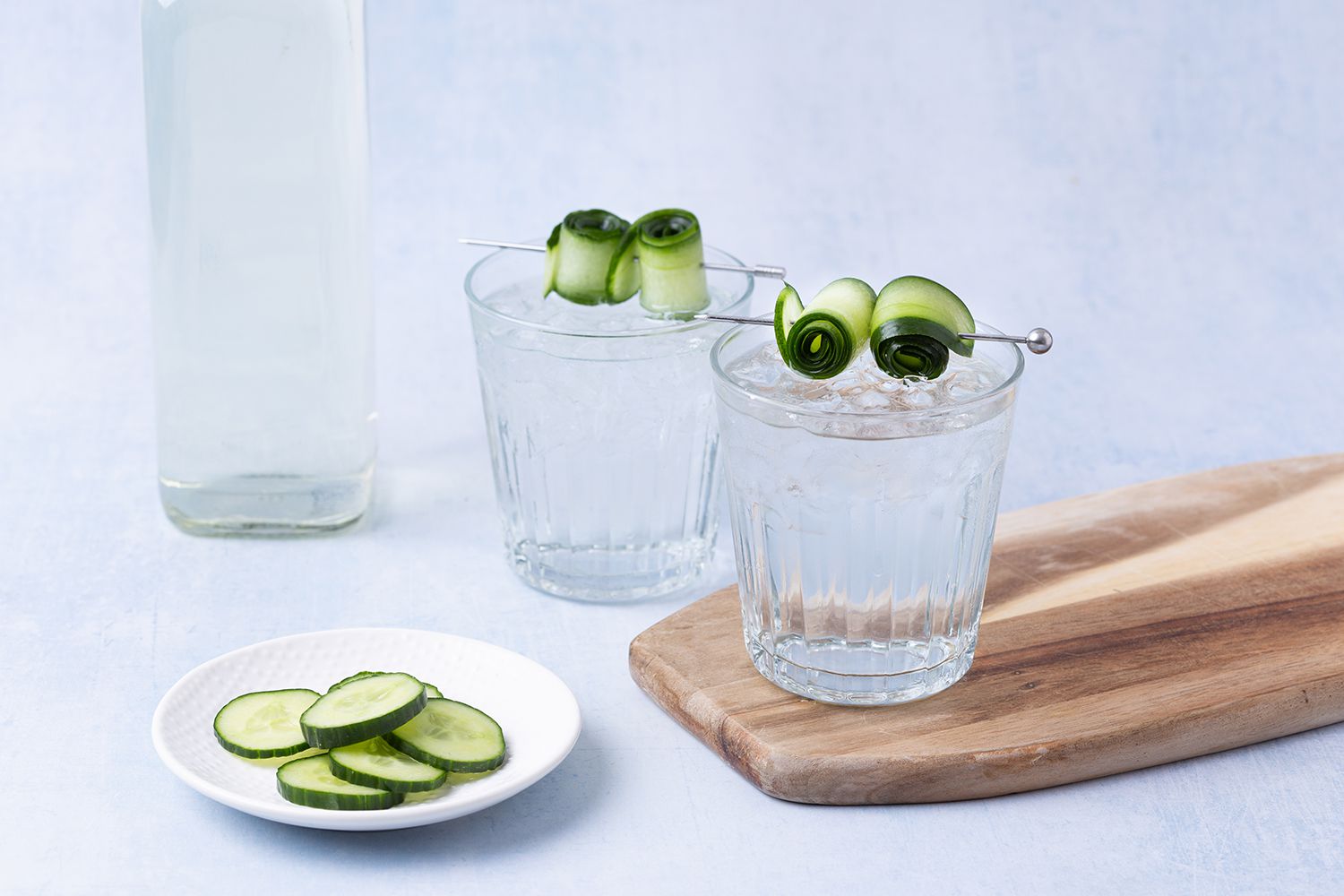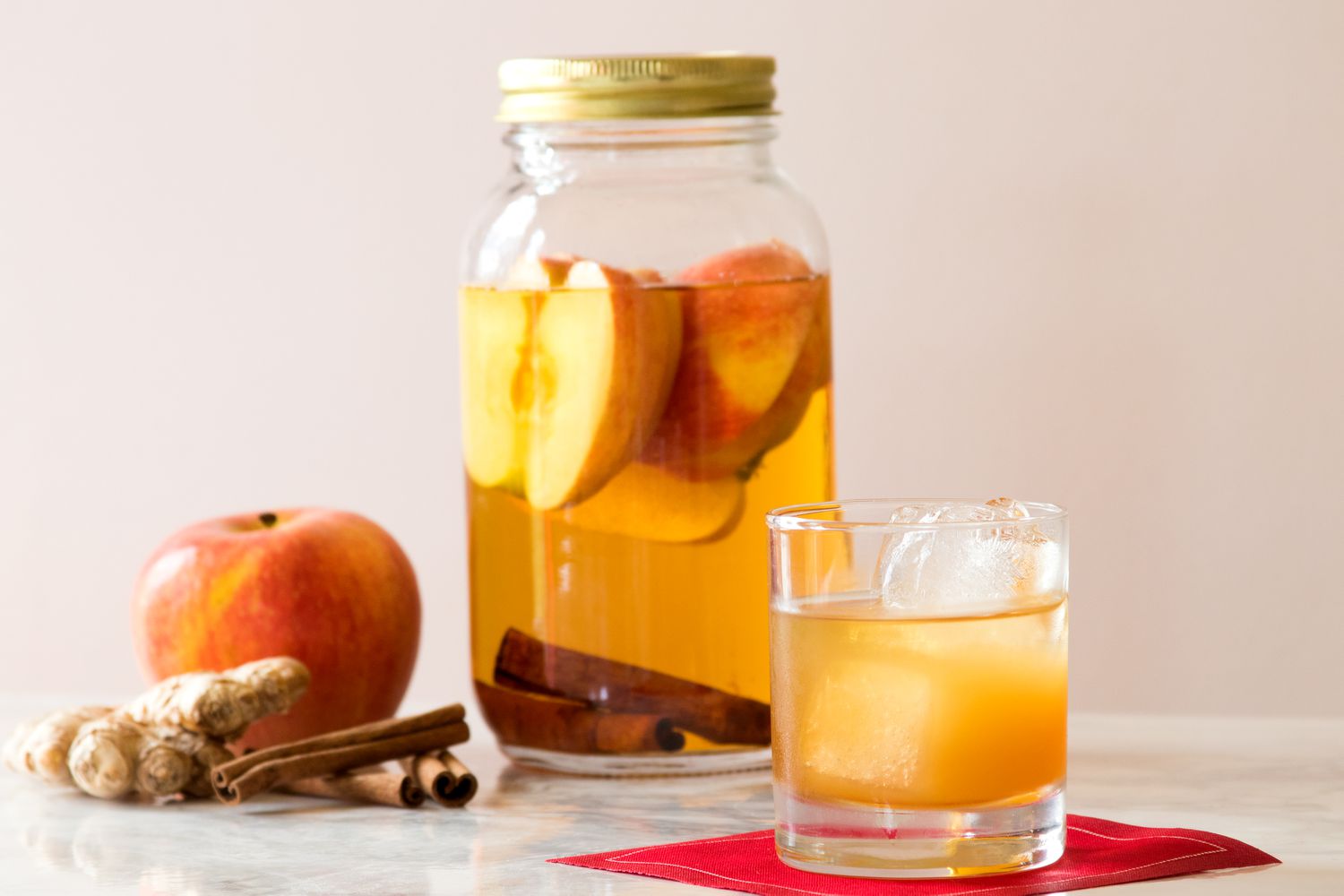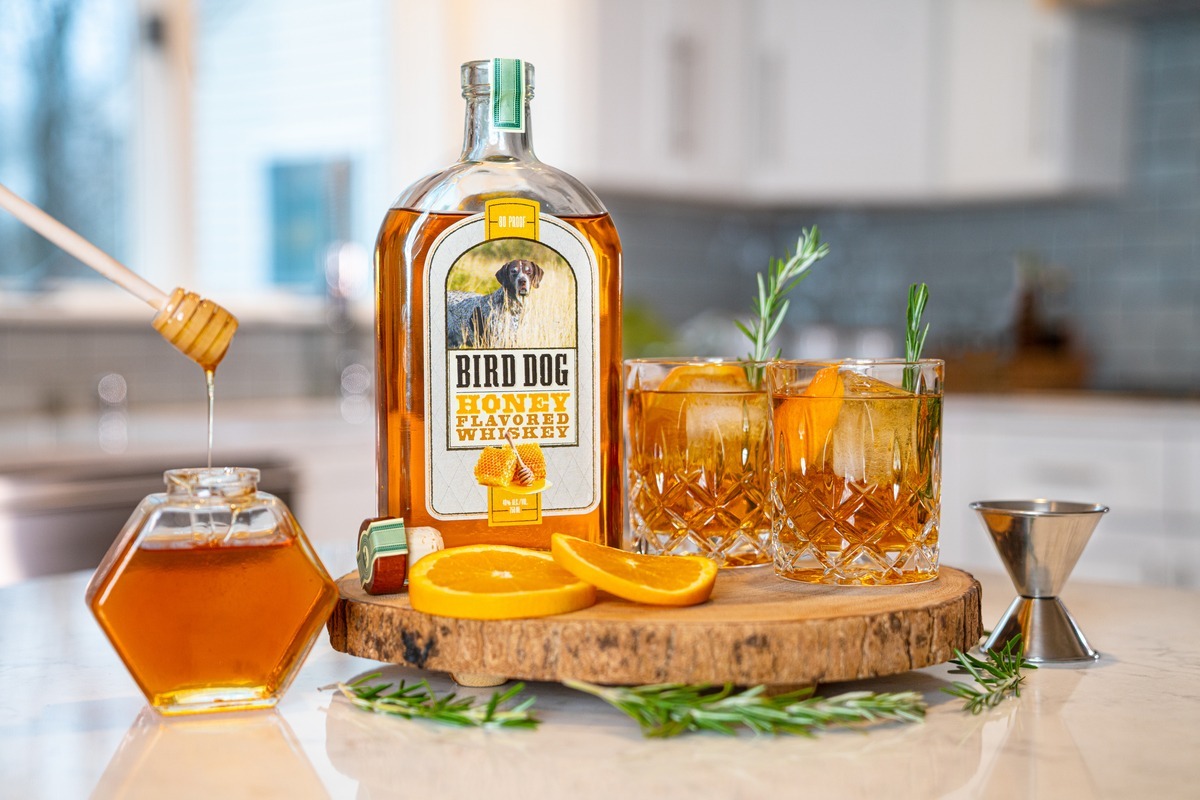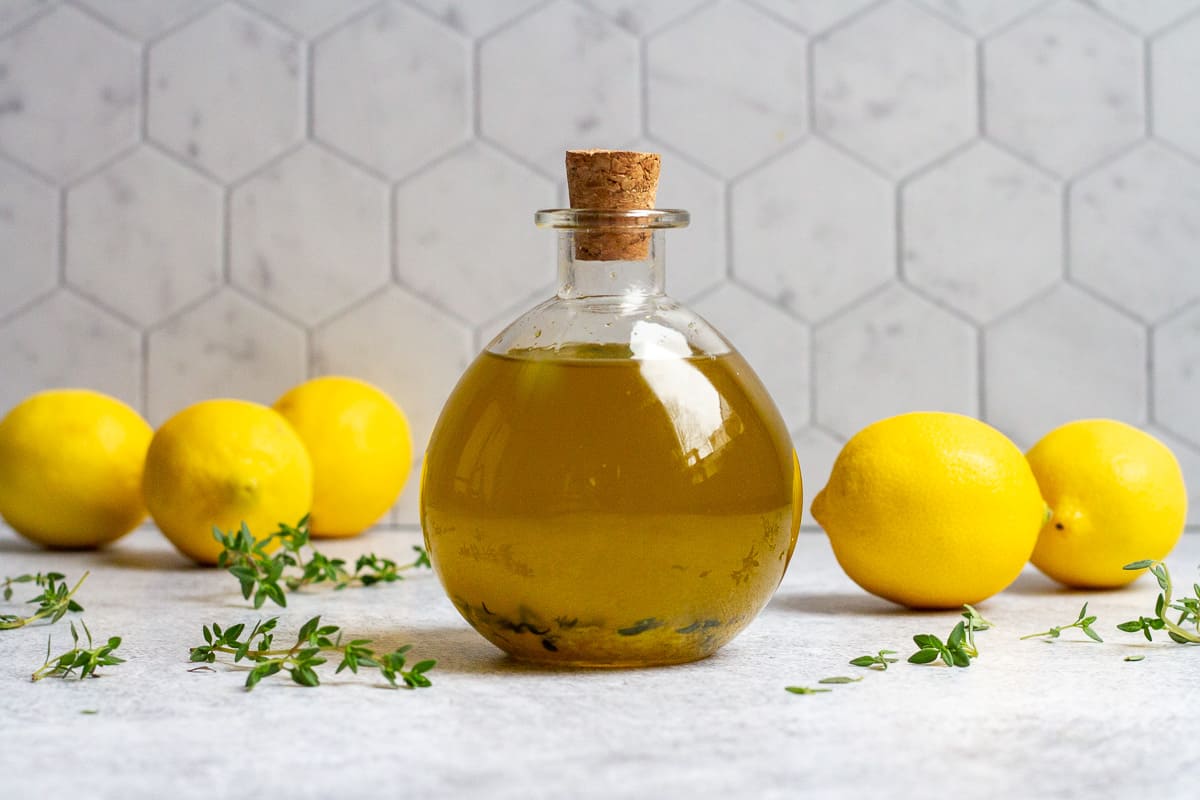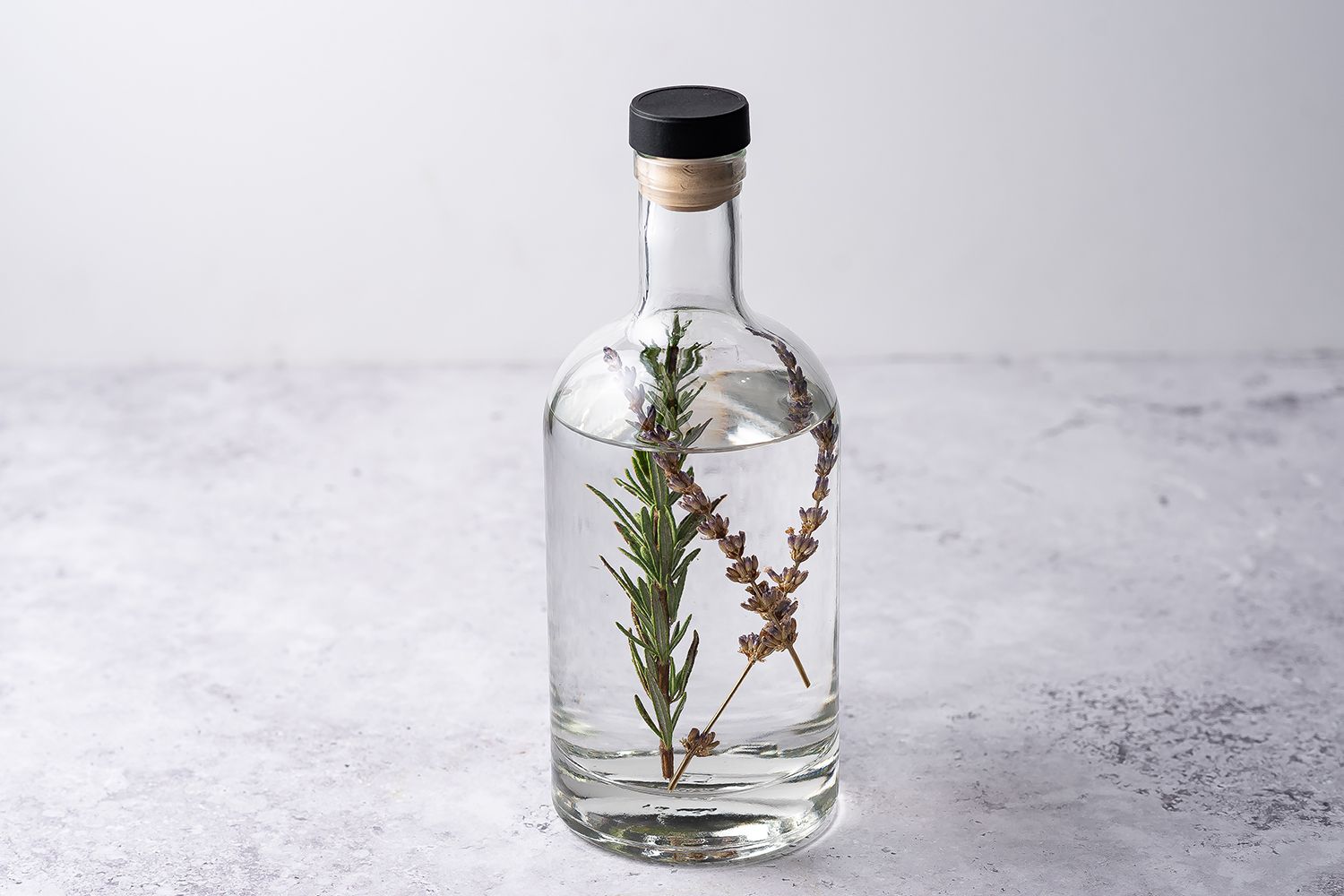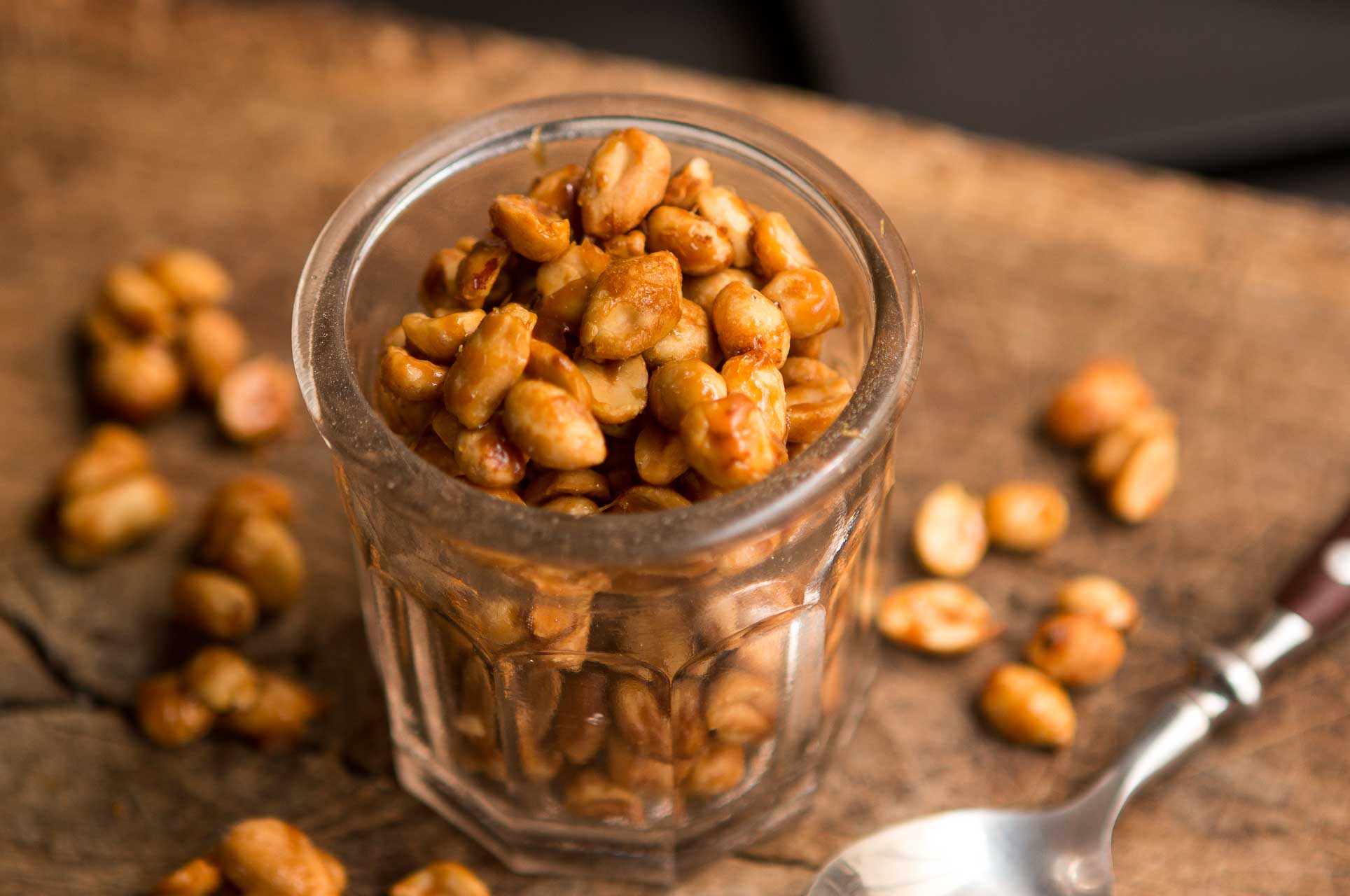How To Use Elderflowers
Elderflowers, known for their delicate aroma and distinct flavor, are not only beautiful to look at but also incredibly versatile in the kitchen. Whether you have access to fresh elderflowers or dried ones, there are numerous ways to incorporate these fragrant blossoms into your culinary creations. Here are some creative and delicious ways to use elderflowers:
1. Elderflower Infused Syrup
One of the best ways to make the most of elderflowers is by infusing them into a sweet syrup. This syrup can be used to add a subtle floral note to a variety of beverages and desserts. To make elderflower syrup, gently simmer fresh elderflowers in water with sugar until fragrant. Strain the mixture and store the syrup in a glass bottle. You can use this aromatic syrup to sweeten cocktails, drizzle over pancakes, or even mix it into homemade lemonade for a refreshing twist.
2. Elderflower Tea
For a soothing and aromatic beverage, try brewing elderflowers into a tea. Simply steep a handful of dried elderflowers in hot water for about 10 minutes, strain, and enjoy. Elderflower tea has a gentle floral taste and is believed to have calming properties, making it a perfect choice for relaxation or as a bedtime drink.
3. Elderflower Cordial
Elderflower cordial is a concentrated syrup made by combining elderflowers, citrus zest, sugar, and lemon juice. This versatile cordial can be used to make refreshing summer drinks, cocktails, or even drizzled over fruit salads to add a burst of flavor. You can also mix it with sparkling water for a delightful homemade elderflower soda.
4. Elderflower Fritters
Give your dessert menu a unique twist by making elderflower fritters. Dip fresh elderflowers in a light batter made with flour, milk, and a touch of sugar, then fry them until golden brown. The result is a delicately crispy treat with a subtle floral taste. Serve the fritters with a dusting of powdered sugar and a side of vanilla ice cream for a delightful summer dessert.
5. Elderflower Sorbet
When the weather is hot, there’s nothing more refreshing than a scoop of homemade elderflower sorbet. Combine elderflower syrup, fresh lemon juice, and water, then churn the mixture in an ice cream maker until frozen. The result is a light and fragrant sorbet that will cool you down on a sweltering summer day.
6. Elderflower-infused Gin
If you’re a fan of botanical spirits, why not try infusing elderflowers into gin? Place a handful of fresh elderflowers in a bottle of gin and let it steep for a few days to infuse the flavors. The elderflower-infused gin can be used to create delightful cocktails or enjoyed on its own over ice. Garnish with a twist of lemon or a sprig of mint for an added touch of freshness.
With their delicate flavor and enchanting aroma, elderflowers are a delightful addition to any culinary exploration. From sweet syrups to floral fritters, there are countless ways to use elderflowers in your kitchen. So, get creative, embrace the versatility of these lovely blossoms, and enjoy the enchanting flavors they bring to your dishes!
Was this page helpful?
Read Next: How To Make Flavoured Spirits
